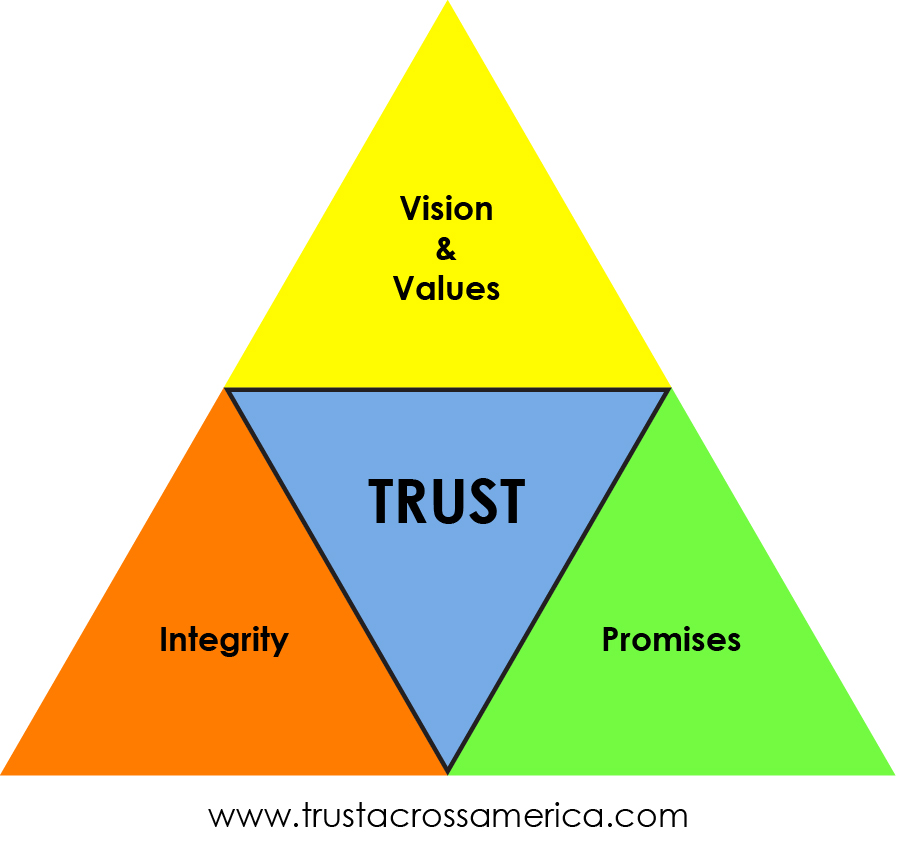“Professors are reacting to the news, but they are also responding to calls from students for classes that deal with ethics. In recent years, students have said ethical issues, not finances, are a business’s most important responsibility, according to a survey of business school students worldwide conducted by a United Nations group and Macquarie University in Australia.”
This is a quote from a December NY Times article addressing the growing demand for teaching ethics in business schools.
Trust Across America-Trust Around the World is pleased to announce the launch of a free case study library offering examples of “real life” business trust & ethics challenges and successes. The one-page “Trustlets” are designed to encourage discussion in both an academic and business setting and include instructions for facilitators. Written by members of the Trust Alliance, our Top Thought Leaders in Trust and academics from around the world, Trustlets will provide free and easy access to content that will be regularly updated as new cases are submitted. Each case will focus on a specific business challenge and covering a broad range of trust and ethics related topics. Both schools and businesses can feel free to access the library to meet the growing interest recently highlighted in the NY Times.
This latest initiative closely aligns with Trust Across America’s mission of helping organizations build trust. Trustlets provide a new tool that future business leaders can utilize to gain a “real life” understanding of how elevating trust & ethics are both a necessary (and expected) component of good business practices.
Trust Across America-Trust Around the World is celebrating it’s 10th anniversary. We welcome all our readers to join in our celebration as we roll out many new programs during the year ahead.
Trust Across America-Trust Around the World is a program of Next Decade, Inc., an award-winning communications firm that has been unraveling and simplifying complex subjects for over 20 years. TAA-TAW helps organizations build trust through an abundance of resources and ever expanding tools, many offered at no cost. It also provides its proprietary FACTS(R) Framework to help public companies improve their trustworthy practices, and showcases individuals and organizations exhibiting high levels of trust and integrity.
For more information contact Barbara Brooks Kimmel at barbara@trustacrossamerica.com
Copyright (c) 2018, Next Decade, Inc.








Recent Comments